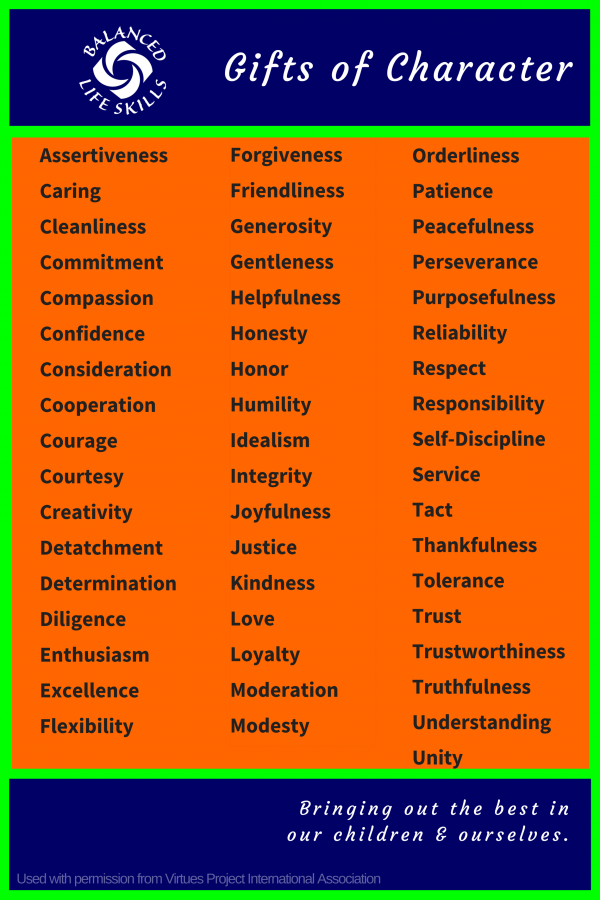Being loyal can test you and your friendships? Loyalty is staying true to someone. It is standing up for them in difficult times as well as when things are going well. It is loyalty that builds and strengthens those relationships. We feel them especially within our family and if we are lucky enough we will have one or two friends that have proved themselves to us as loyal friends.
Being a loyal friend to someone is one way of beginning the building process of friendship. It begins by building a trust with them. They know we are going to tell them the truth, keep our promises and not disclose those private things they have shared with us. We give them our kindest ways and expect that they will do the same for us, not doing anything intentionally to harm.
When we are practicing loyalty in our relationships though we are also very careful not to allow loyalty to lead us into doing or saying things that would get us in trouble. While we are not going to allow others to come between us and our friends – we also must be loyal to ourselves and not say or do something that goes against our personal values, morals or ethics.
Finally in the practice of loyalty to our friends if they were about to do something that would be harmful to themselves or others our loyalty must be for what is safe and fair. It is not disloyal to stand up for what we believe in. So if our friend wanted us to join them in smoking or taking drugs – our loyalty to our own choices and to them would come first. It would not be safe to just walk away and not tell an adult about their choices. It might be a difficult thing to do – but imagine how you would feel if your friend was hurt irreparably and you did not speak up.
Not sure what to do? Loyalty to your friend would insist that you ask someone that you respect for guidance – not to tell you what to do – but to help you think and talk it through, so you were comfortable with yourself in making your own decision. Loyalty and friendship involves more than just the people – it involves you, your ideals, and your commitments to what your value.

